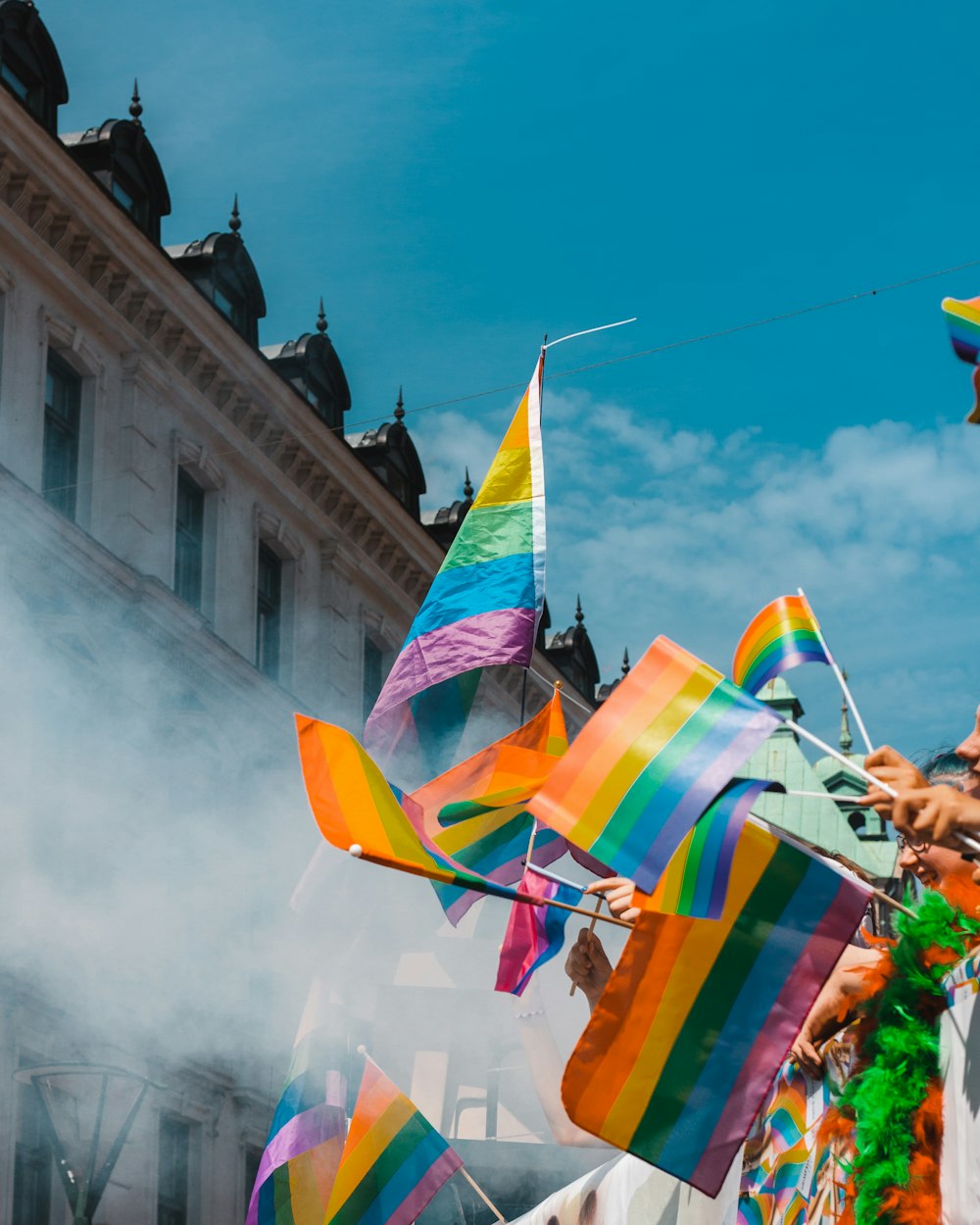
ANALYSIS Isabelle Zundel 14 January 2021
Botswana’s jurisdiction is well-known for its past ground-breaking decisions and thereby courageous commitment to protect human rights[1]. With the recent decision “Letsweletse Motshidiemang v The Attorney-General (LEGABIBO as amicus curiae)” Botswana’s jurisdiction has once more broken new legal grounds for the country and beyond.
In 2019, the High Court of Botswana declared Art. 164 (a) and (c) as well as 165 of the Penal Code of Botswana unconstitutional and thereby ruled the decriminalisation of consensual same-sex sexual acts between adults.[2] On 29 November 2021, the Court of Appeal has now recently confirmed the ruling of the High Court.
The colonial imposition on legal frameworks can be well seen in the now eliminated Articles of the Penal Code in Botswana that has travelled from and developed through India over Queensland to the whole former British Empire.
Criminal Code of Botswana
164. Unnatural offences
Any person who-
(a) has carnal knowledge of any person against the order of nature;
(b) has carnal knowledge of an animal; or
(c) permits any other person to have carnal knowledge of him or her against the order of
nature,
is guilty of an offence and is liable to imprisonment for a term not exceeding seven years.
165. Attempt to commit unnatural offences
Any person who attempts to commit any of the offences specified in section 164 is guilty of
an offence and is liable to imprisonment for a term not exceeding five years.
The High Court of Botswana has adopted and followed a “purposive approach in interpreting the scope of rights while promoting the underlying values of the Constitution of Botswana”.[3] On the basis of preliminary judicial rulings[4], who have already taken an LGB friendly(er) path and thereby created a significant and necessary platform, the High Court exhibited the following main arguments: First, the High Court highlighted and elaborated the right to privacy, right to dignity, right to liberty and right to non-discrimination. Second, it was analysed that possible limitations of fundamental rights must be justified and that just “public morality” or “public interest” are not a basis for limitation of rights. The public opinion can play a role and be relevant to constitutional adjudication. However, it cannot be the only or decisive reason.[5] Logically. Otherwise, one of the primary purposes of human rights, to protect minorities and oppressed groups of society, would be invalid. The rights of oppressed groups would always be limited by societal majority, and protection would therefore fall short. Finally, the court used the expert evidence of the non-governmental organisation LEGABIBO[6] that was convened as amicus curiae. Esterhuizen highlights the crucial role an amicus curiae can play by drawing the attention of the Court to specific considerations outside their direct consideration. This is of special importance when the Court has to decide about the constitutionality of laws which regularly has an impact beyond the litigants in that specific case.[7]
With this decision, Botswana aligns with a series of LGBTQI+ friendly developments in Africa that are predominantly of legislative nature. For example, the Sudanese Sovereign Council approved a bundle of reforms in 2020 including the removal of flogging and death penalty from the Sodomy Law in Article 148 of the 1991 Penal Code. In Seychelles, same-sex sexual activities have been decriminalised and have been legal since 2016.
In the judiciary sphere, the decision could serve as door opener in two ways: First, it is to be hoped that the successful application of strategic litigation encourages individuals and organisations to bring similar cases in other jurisdictions to court.[8] Second, same as the High Court of Botswana used other court’s arguments, it is hoped the judgment and its arguments can open up possibilities for judiciaries in other – especially African – countries to contribute to the protection of LGBTQI+ rights.
This analysis bases on and recommends Tashwill Esterhuizen’s publication “Decriminalisation of consensual same-sex sexual acts and the Botswana Constitution: Letsweletse Motshidiemang v The Attorney- General (LEGABIBO as amicus curiae)”.[9]
[1] For example, Mmusi and Others v Ramantele and Another or Attorney General of Botswana v. Unity Dow, Civil Appeal No. 4/91.
[2] Letsweletse Motshidiemang v The Attorney-General (LEGABIBO as amicus curiae) MAHGB-000591 16, https://africanlii.org/sites/default/files/legabibo.pdf (accessed on 10 January 2022).
[3] Esterhuizen ‘Decriminalisation of consensual same-sex sexual acts and the Botswana
Constitution: Letsweletse Motshidiemang v The Attorney-General (LEGABIBO as amicus curiae) ’ (2019)
19 African Human Rights Law Journal 843-861.
[4] For example, Attorney General of Botswana v. Rammoge [2016] CACGB-128-14.
[5] Letsweletse Motshidiemang v The Attorney-General, p.185.
[6] https://legabibo.org.bw/about/ (accessed on 08 January 2022).
[7] Esterhuizen, p. 859.
[8] Read more about strategic litigation in the field of LGB rights here: Jjuuko, A. J. (2018). Beyond court victories: Using strategic litigation to stimulate social change in favour of lesbian, gay and bisexual persons in Common Law Africa (Doctoral dissertation, University of Pretoria).
[9] Esterhuizen, p. 843-861.
